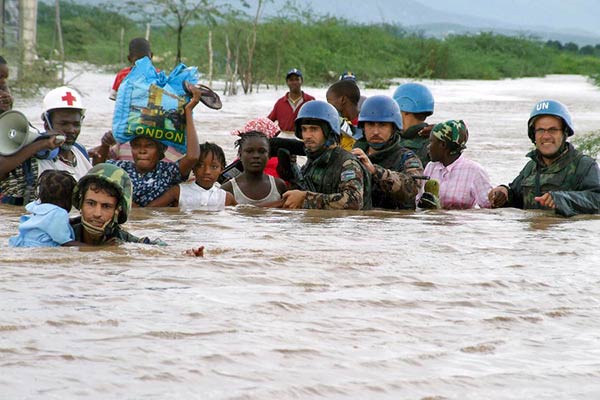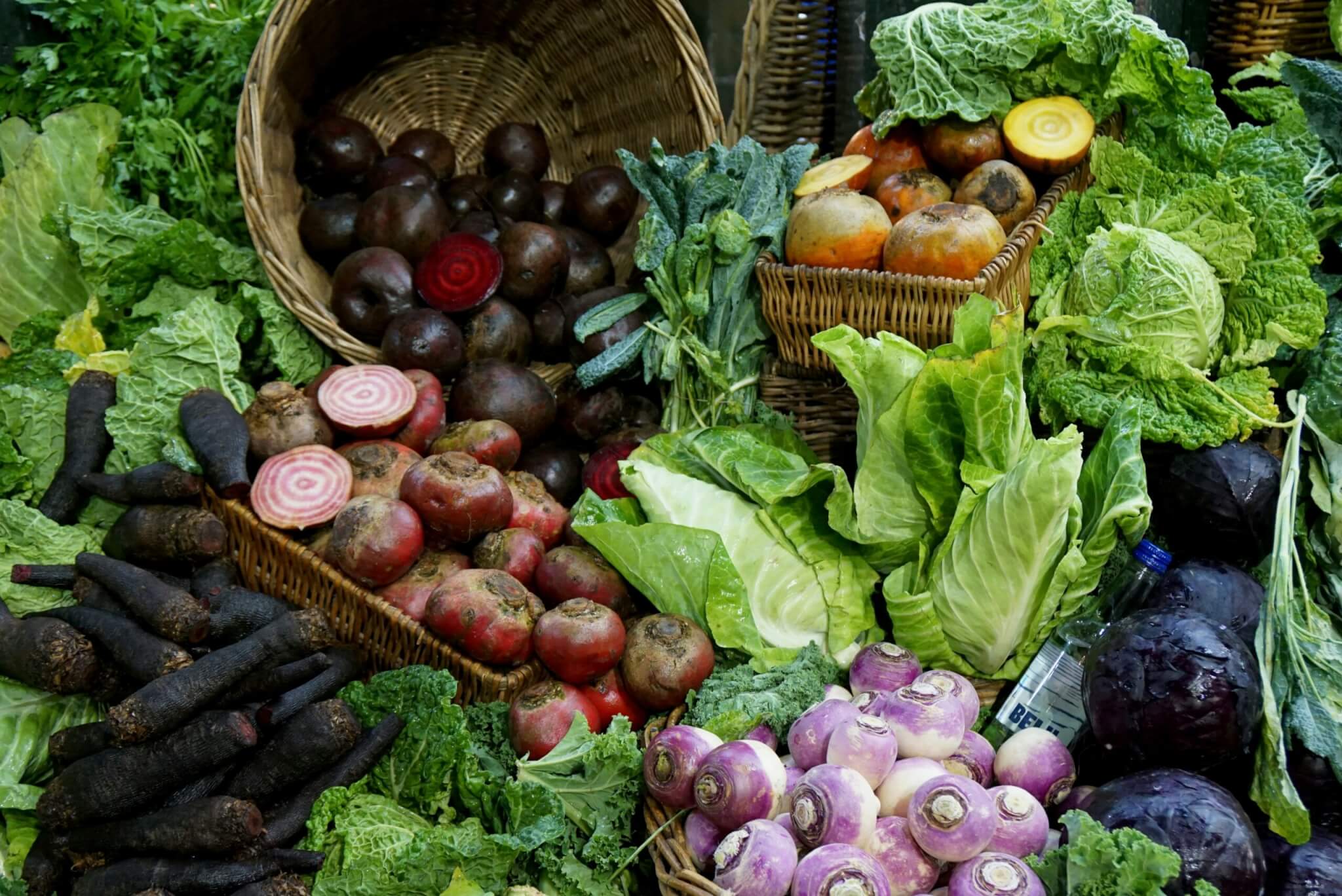A community of 11,000 global scientists have come together to warn “clearly and unequivocally” that the planet is facing a climate emergency.
Published in science journal BioScience to mark the 40th anniversary of the first World Climate Conference in Geneva, in 1979, the scientists state they have a “moral obligation to clearly warn humanity of any catastrophic threat and to tell it like it is.” Scientists from over 150 countries signed an open letter, with the aim of reaching world leaders with their message.
Since that first conference, the group said that many repeat warnings have been made by scientists at global climate summits about insufficient progress on cutting emissions. Yet greenhouse gas emissions are still rapidly rising, with increasingly damaging effects on the Earth’s climate, they said.
“An immense increase of scale in endeavors to conserve our biosphere is needed to avoid untold suffering due to the climate crisis,” they state.
“Despite 40 years of global climate negotiations, with few exceptions, we have generally conducted business as usual and have largely failed to address this predicament,” the scientists wrote.
“The climate crisis has arrived and is accelerating faster than most scientists expected,” they said, quoting the 2018 and 2019 IPCC reports. “It is more severe than anticipated, threatening natural ecosystems and the fate of humanity.
“Especially worrisome are potential irreversible climate tipping points and nature’s reinforcing feedbacks (atmospheric, marine, and terrestrial) that could lead to a catastrophic ‘hothouse Earth’, well beyond the control of humans.
“These climate chain reactions could cause significant disruptions to ecosystems, society, and economies, potentially making large areas of Earth uninhabitable.”

The scientists tracked the biggest human impacts on rising greenhouse gases over the last 40 years. “Profoundly troubling signs from human activities” included sustained increases in both human and ruminant livestock populations, per capita meat production, world gross domestic product, global tree cover loss, fossil fuel consumption, the number of air passengers carried, carbon dioxide (CO2) emissions, and per capita CO2 emissions since 2000.
Economic and population growth are among the most important drivers of increases in CO2 emissions caused by fossil fuels, the report said.
The scientists suggest six steps, in no particular order, that they said governments, businesses, and the rest of humanity can take to lessen the worst effects of climate change:
- Eat mostly plants and less meat, which will free up land to grow plants for human consumption, and release grazing land for natural climate solutions. Minimum tillage to increase soil carbon and cutting food waste were also highlighted as critical.
- Far more efficient energy use and carbon taxes to cut fossil fuel use.
- Stabilise the global population through accessible family planning, gender equality and education.
- Stop deforestation, restore nature and forests, as well as grasslands, peatlands and mangroves to absorb CO2.
- Shift economic goals away from GDP growth and move away from the economy’s reliance on carbon fuels.
- Limiting short-lived pollutants such as methane, hydrofluorocarbons and soot, which they say could cut short-term warming by 50 per cent over the next few decades.












Eating meat accounts for 20% of world pollution. Travel accounts for 14%. Seems that if you are concerned about the environment, that you shouldn’t be promoting meat.